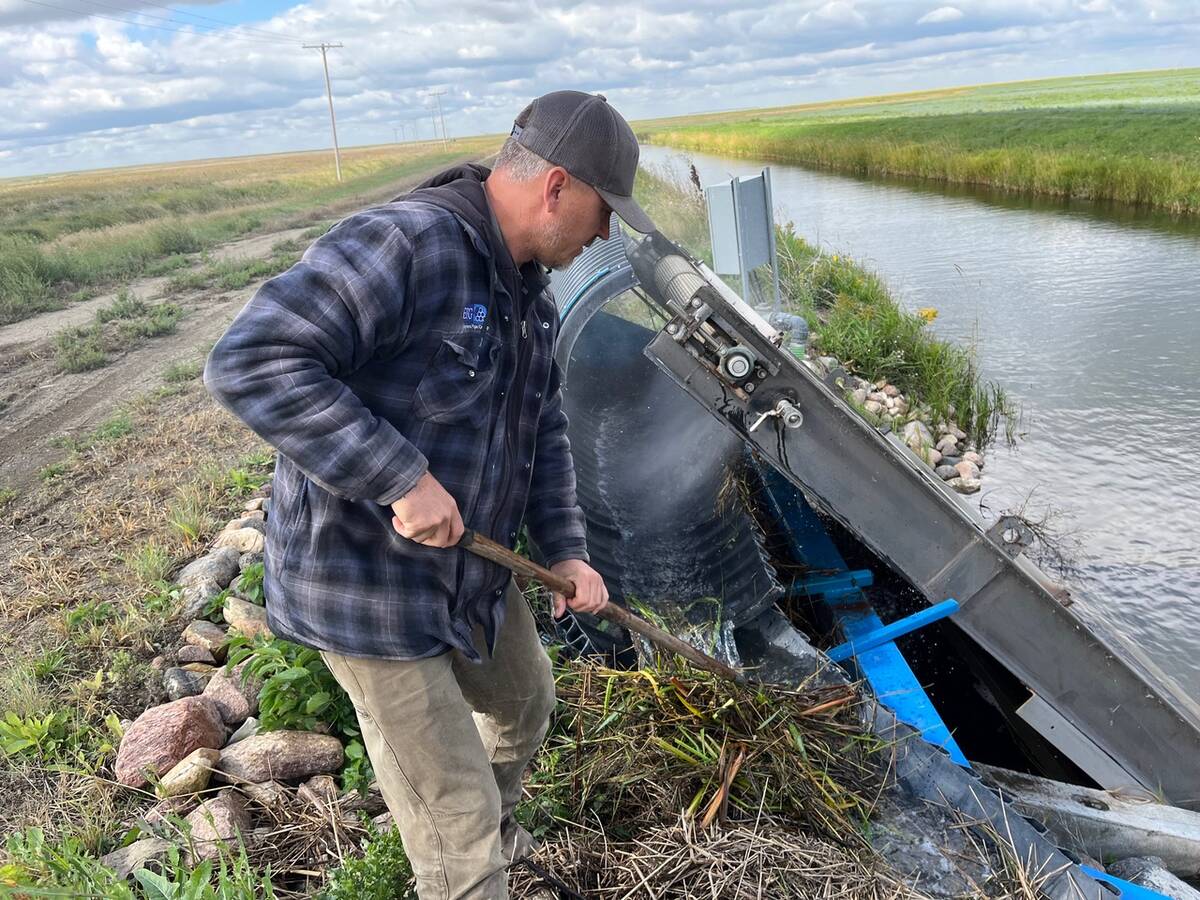Even farmers with no connection to Terminal One Vancouver Ltd., should be happy to see a new farmer-owned player get into the grain terminal business, says a University of Saskatchewan agricultural economist.
The purchase of Agricore United’s 102,070 tonne capacity export facility by a consortium of five inland terminal companies should translate into savings for all farmers shipping grain to the port, said Richard Gray.
“It just creates a more competitive environment at Vancouver and that’s going to help keep handling rates lower, especially in times of excess capacity,” he said.
Read Also

Saskatchewan farmer uses tile drainage to manage water
The integration of both irrigation and tile drainage results in higher yields, water efficiency, improved soils and less nutrient runoff, says one producer.
“That will benefit all players in the industry, even those not part of the consortium.”
Studies have shown that the most important factor in determining the amount of competition is the number of players in the market, he added, with four to six seen as ideal.
Until now, the major Vancouver export terminals have been owned by four companies Ñ AU, Saskatchewan Wheat Pool, James Richardson International and Cargill.
“Those companies have done very well in handling and marketing grain at Vancouver,” said Gray. “Now it’s going to be very difficult for them to go out and raise rates.”
Terminal One will be looking to make money for its shareholders and any profits it generates will end up on the Prairies in the hands of the inland terminal shareholders, most of whom are farmers, he said.
Two farm groups from opposite ends of the ideological spectrum also welcomed the purchase of the terminal.
“More competition is always a good thing,” said National Farmers Union spokesperson Terry Pugh, adding that anything that gives farmers more control over grain handling or transportation has to be seen as good news.
Some have drawn parallels between the Terminal One deal and the creation of the prairie grain handling co-operatives almost a century ago, but Pugh was reluctant to go that far.
Those who created the pools were looking to fundamentally change the system, while those investing in Terminal One are shareholder-owned, profit-driven companies working within the system to advance their own and farmers’ financial interests, he said.
The Western Canadian Wheat Growers Association said the new company would enhance competition for farmers’ grain and give producers a greater stake in the chain of moving grain from farmers to export buyers.
The association also repeated its call to reduce the role of the Canadian Wheat Board in grain transportation. Increased competition should allow for increased tendering of CWB shipments, said president Cherilyn Jolly-
Nagel, with the board acquiring all of its supplies at port.
A CWB spokesperson said the board is pleased to see a farmer-controlled company become involved in the port and also welcomed the prospect of more competition.
















